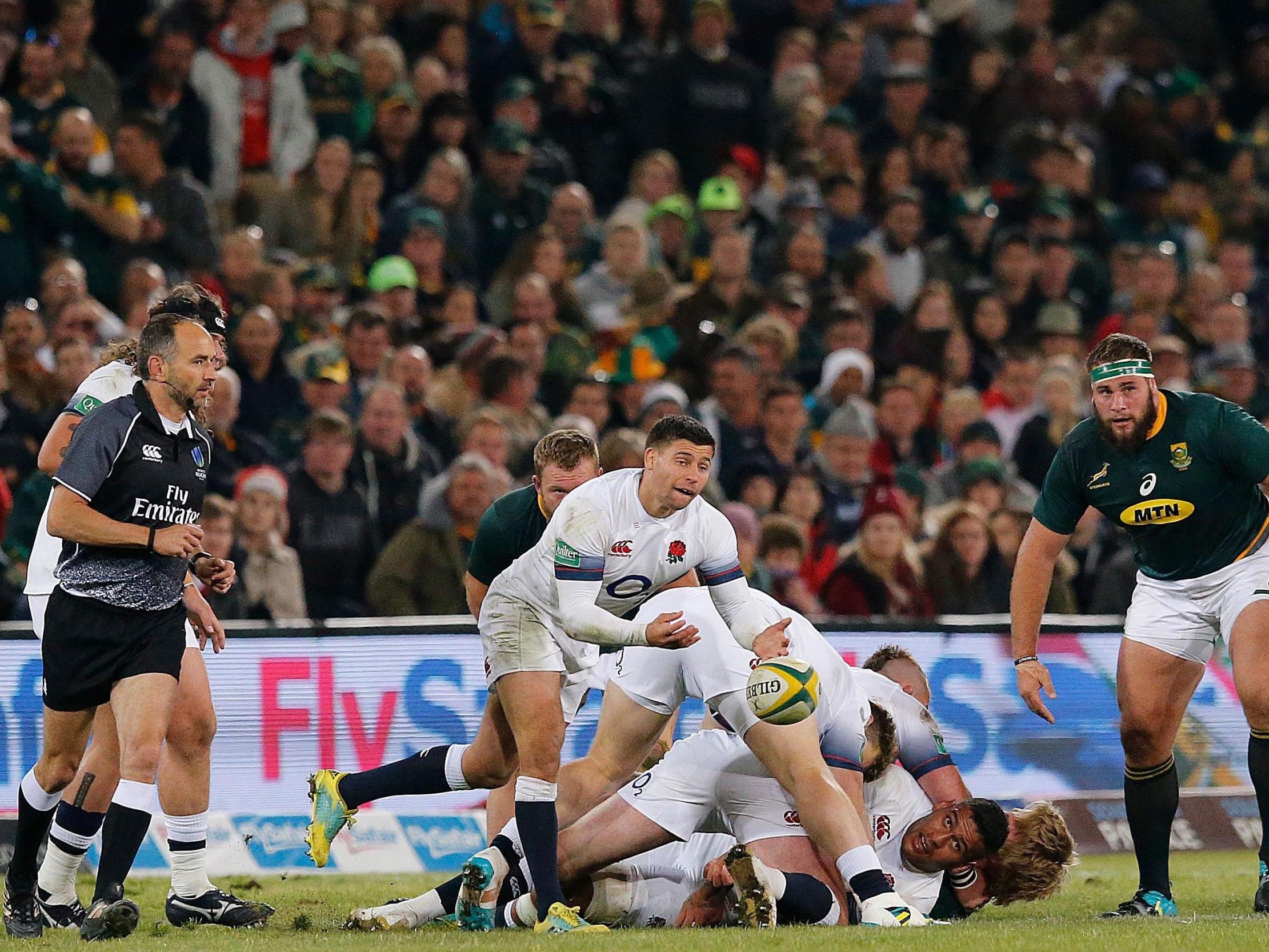International game needs 'new blueprint' to survive next decade, says World Rugby
Agustin Pichot, World Rugby’s vice-chairman, has warned that action must be taken within the next 12 months to secure the future of the game

Your support helps us to tell the story
From reproductive rights to climate change to Big Tech, The Independent is on the ground when the story is developing. Whether it's investigating the financials of Elon Musk's pro-Trump PAC or producing our latest documentary, 'The A Word', which shines a light on the American women fighting for reproductive rights, we know how important it is to parse out the facts from the messaging.
At such a critical moment in US history, we need reporters on the ground. Your donation allows us to keep sending journalists to speak to both sides of the story.
The Independent is trusted by Americans across the entire political spectrum. And unlike many other quality news outlets, we choose not to lock Americans out of our reporting and analysis with paywalls. We believe quality journalism should be available to everyone, paid for by those who can afford it.
Your support makes all the difference.International rugby needs a ‘new blueprint’ to survive the next decade amid increasing financial strains, World Rugby has said.
Agustin Pichot, World Rugby’s vice-chairman, has warned that action must be taken within the next 12 months – before next year’s World Cup – to secure the future of the game.
Having admitted that the current financial model “is not working”, Pichot revealed that World Rugby will be holding discussions in Sydney later this month to address “a lot of problems” in the Test game.
In doing so, the organisation is set to revisit last year’s San Francisco agreement which sought to bring clarity to the global calendar until 2032.
Pichot, the former Argentina captain and scrum-half, said he would not be “an accomplice to rugby’s ruin” and intended to do what he can to save the sport.
“If you ask me as a businessman, the business side of it is not working,” Pichot said. “If you ask me as the playing side, it’s not working. Is the international game under threat? I think it is. Look at the balance sheets of some nations and you can see exactly where we stand.
“By the 2019 World Cup we need to have a blueprint for the next 10 years. On a scale of one to 10, I think we’re four out of 10 now [in terms of finding a solution] but before we were not even on the chart. We need to push that needle from four to at least six or seven. I’m not going to be an accomplice to rugby’s ruin.”
Pichot also expressed his concerns for the game’s players, who he fears are at risk of being neglected amid the cumbersome politicking of the sport’s various unions.
As an example, the Argentine pointed to Premiership Rugby which is currently in negotiations to secure a new multi-million pound backing for their league, having recently turned down an offer of £275m from CVC for majority control.

Pichot feels let down by the league’s announcement that future domestic seasons will extend into June, despite World Rugby’s decision to move the Test window to July.
“It’s all a trade-off and who pays for that? The players,” he said. “I felt that Premier Rugby didn’t honour what we said in the San Francisco meeting. At the end of the day we wanted that shift [of the Test window to July] to give international players a rest if they were playing too many games. That for us is the most important thing.
“My view is that players cannot carry on playing as they are now. You cannot have them playing 30-odd competitive club and international games just because you want bums on seats.
“I have been a professional player so I understand how it goes but you have to take care of the athlete. The first principle is the players’ welfare because they inspire everyone, both us now and the next generation. That is important for the growth of the game.”
Pichot also outlined his desire to grow the game in developing countries where the financial strains of the sport are particularly acute.
“I’m a business guy and I want to have a safe business model and for the international game to be respected,” he said. “The growth of the game is very big for me; I like to see emerging countries develop.
“If rugby wants to be big and a sound business, we cannot behave like an old-school organisation. We have a group in Sydney to reopen the door, then I think all parties should meet again. We should work with them to see what’s better. How many games does a club need to break even? How many games does a nation need? But ask the big club owners and they all want the international game. It is not a question of them not wanting the international game.”
Join our commenting forum
Join thought-provoking conversations, follow other Independent readers and see their replies
Comments